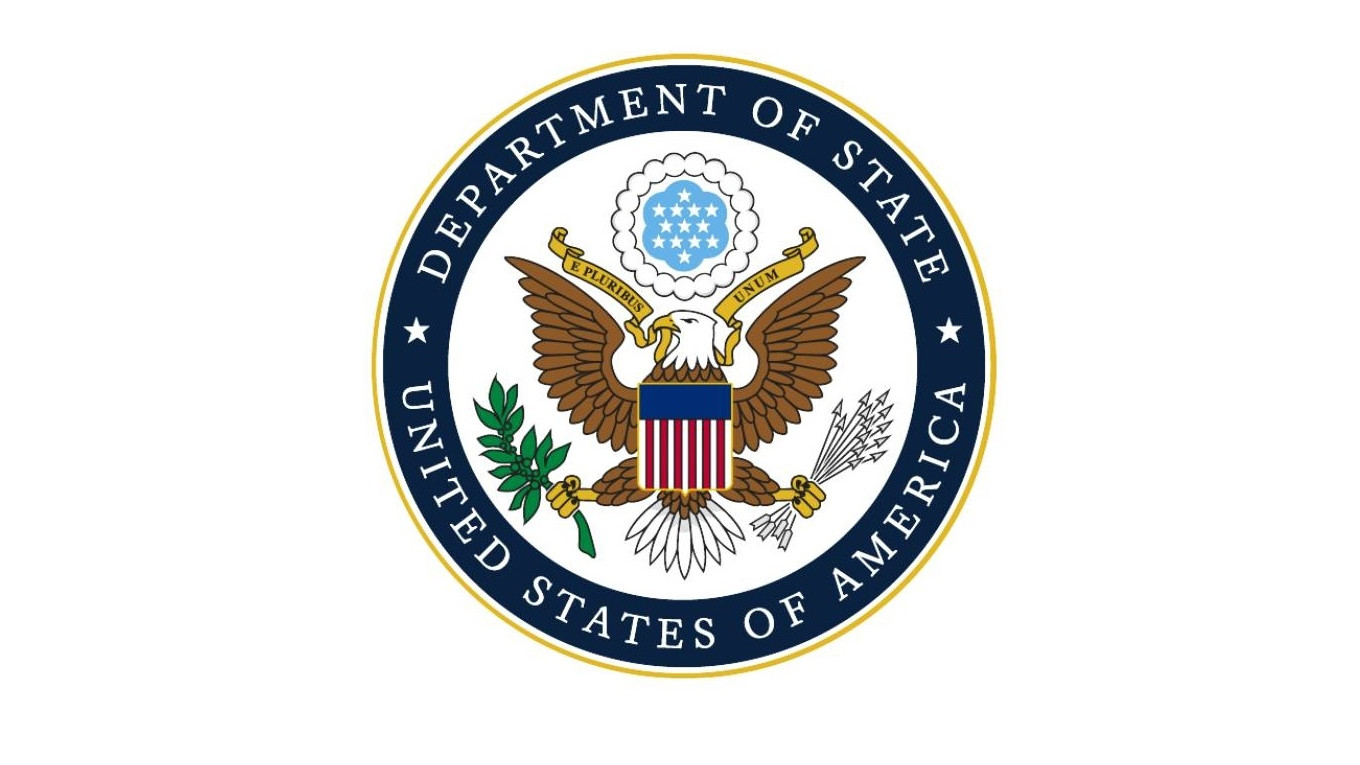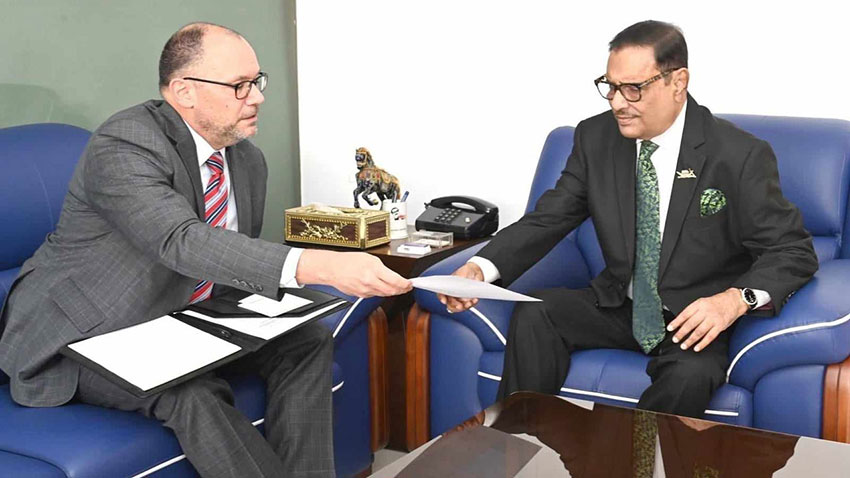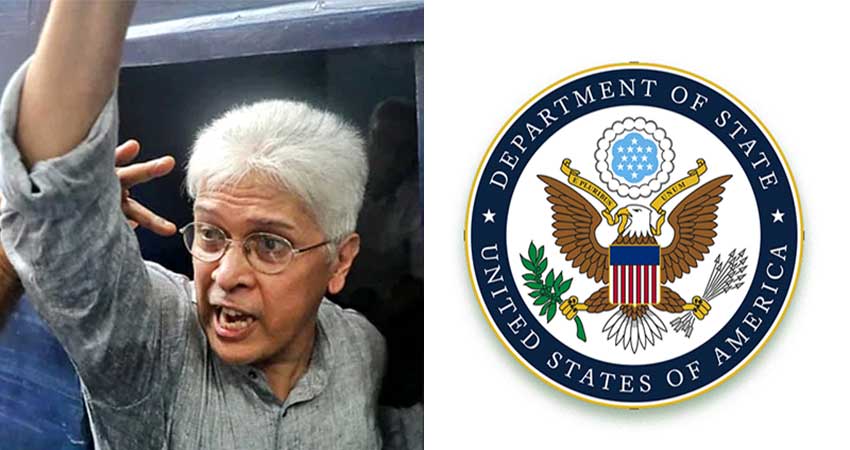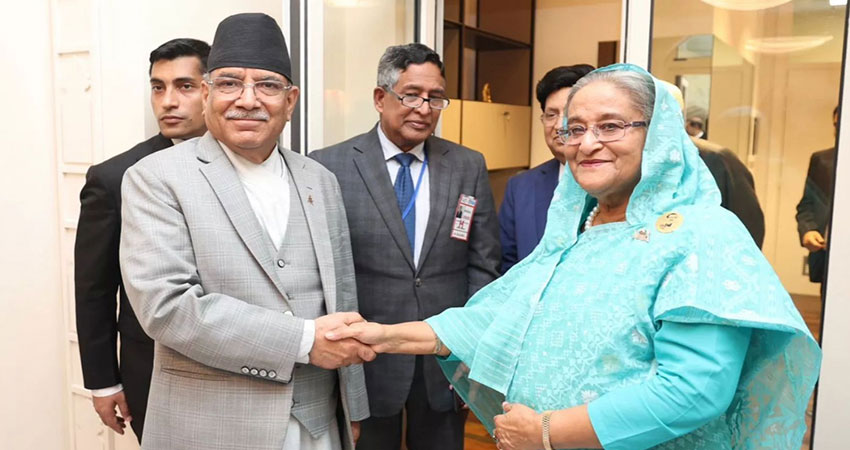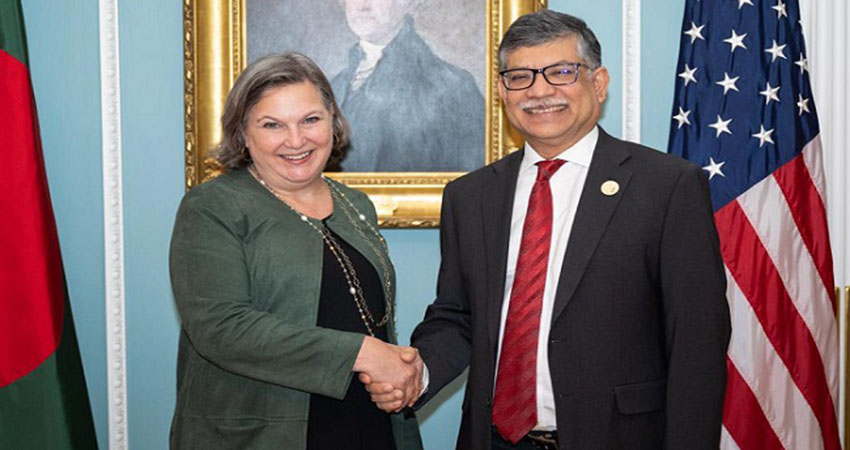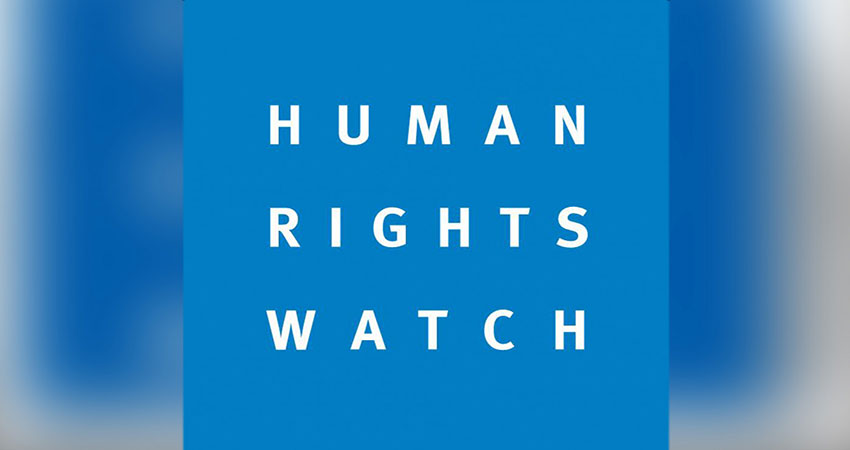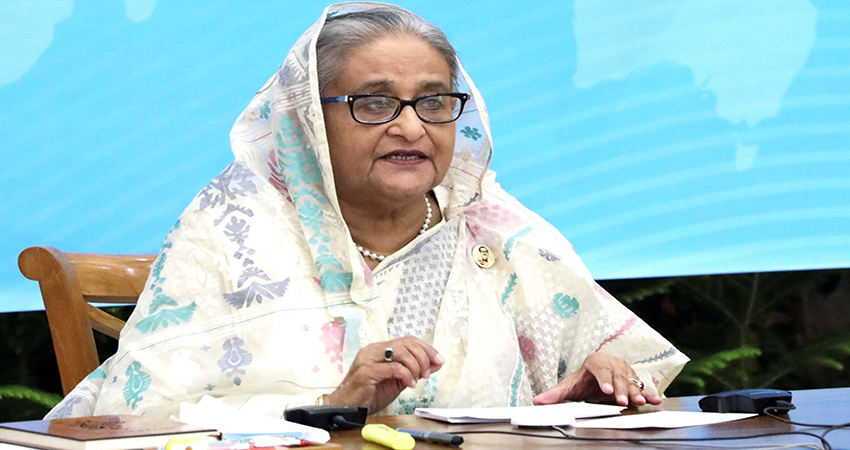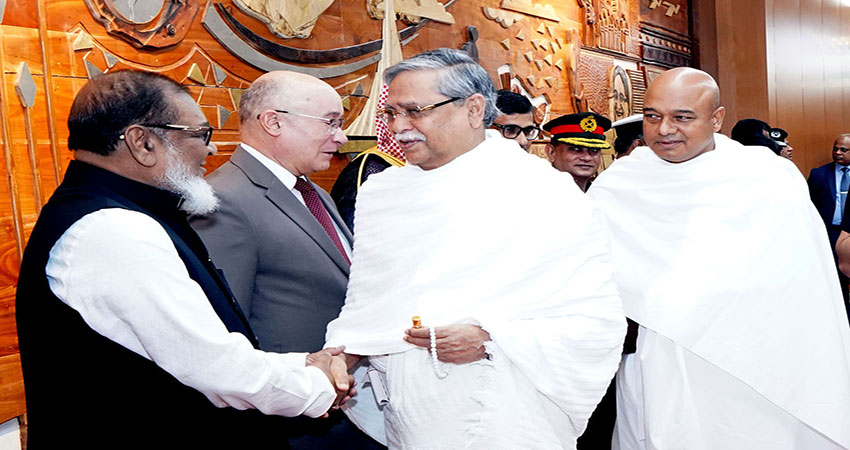The USA has observed that extrajudicial killings dramatically decreased in Bangladesh in 2022 from the previous year although disappearances and kidnappings continued, allegedly committed by security services.
The US State Department report "2022 Country Reports on Human Rights Practices" released last night also said recent elections were "neither free nor fair because they were marred by serious irregularities."
Besides, according to the US government, Bangladesh's 2018 parliamentary election, where Sheikh Hasina's Awami League won a third consecutive term, was neither free nor fair.
"This election was not considered free and fair by observers due to reported irregularities, including ballot box stuffing and intimidation of opposition polling agents and voters.
"During the campaign leading to the election, there were many credible reports of harassment, intimidation, arbitrary arrests, and violence that made it difficult for many opposition candidates and their supporters to meet, hold rallies, or campaign freely."
The Awami League also used law enforcement to bring cases and charges against opposition leaders, the US report said adding, "BNP claimed police implicated thousands of BNP members in criminal charges related to political demonstrations during the year and detained many of the accused. Human rights observers claimed many of these charges were politically motivated."
The Bangladesh Chhatra League (BCL), the ruling party's student wing, also came under scrutiny in the report, "[They] reportedly carried out violence and intimidation around the country with impunity, including against individuals affiliated with opposition groups."
There were numerous reports of widespread impunity for security force abuses and corruption. The government took few measures to identify, investigate, prosecute, and punish officials or security force members who committed human rights abuses or engaged in corruption, the report furthered.
Besides, the government took few measures to identify, investigate, prosecute, and punish officials or security force members who committed human rights abuses or engaged in corruption.
The report said corruption remained a serious problem in 2022. "Freedom House's annual report noted 'corruption is endemic, and anticorruption efforts have been weakened by politicized enforcement'," it said.
"Law enforcement raids occurred throughout the year, primarily to counter terrorist activity, drugs, and illegal firearms. Suspicious deaths occurred during some raids, arrests, and other law enforcement operations. Security forces members frequently denied their role in such deaths," the report said.
"Human rights groups and media reported disappearances and kidnappings continued, allegedly committed by security services. Between January and September, a local human rights organization reported 16 persons were victims of enforced disappearances.
"The government made limited efforts to prevent, investigate, or punish such acts," said the report.
It also said, "Political affiliation often appeared to be a factor in claims of arrest and prosecution of members of opposition parties, including through spurious charges under the pretext of responding to national security threats."
Citing international observers' reports, it said, "Low voter turnout, intimidation, irregularities, and violence during campaigns and voting marked several local government elections during the year."
It said, "The government mobilized law enforcement resources to level civil and criminal charges against opposition party leaders. The BNP claimed police implicated thousands of BNP members in criminal charges related to political demonstrations during the year and detained many of the accused. Human rights observers claimed many of these charges were politically motivated."
The US report mentions curb on and self-censorship of freedom of expression.
"There were significant limitations on freedom of expression both online and offline. Members of media and bloggers self-censored their criticisms of the government due to harassment and fear of reprisal.
"Throughout the year the government widely used the DSA [Digital Security Act] against persons criticizing the government, including questioning the government's handling of the pandemic. Increasingly, the law was used against speech found on social media, websites, and other digital platforms, including for commentators living outside of the country."
The report said Bangladesh authorities continued to prohibit gatherings by opposition groups and imposed "what observers saw as unreasonable requirements for permits".
"Occasionally police or ruling party activists used force to disperse demonstrations assembled by opposition parties, organizations, and activists," it said.
"Opposition leaders and activists reported numerous restrictions towards organizations throughout the year. The opposition BNP was regularly denied permission to hold events or intimidated by authorities and ruling party activists at their events."
Extrajudicial killings drop in Bangladesh but corruption remains serious issue: US report
